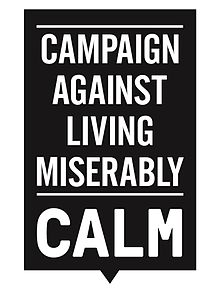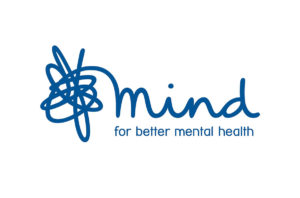Different Types Of Mental Health Problems
There are very many different types of mental health problems, some are apparent but not all are outwardly visible. Below are some examples, although this is by no means exhaustive. We hope this helps raise awareness and understanding of these conditions.
Stress & Anxiety
Panic Attacks
Stress
OCD
Phobias
Depression
SAD
Anger
Self-Esteem
Post-Natal
Personality Disorders
Paranoia
Bi-Polar
Mania
Schizo
Other Forms
Self Harm
Psychosis
Suicidal
BPD
What Can You Do?
* Try and find the positive in all you experience
* Make the effort even when you don’t feel like it
* Try and do one new thing every day
* Eat healthily, try a bit of home cooking
* Get out of the house/change your environment for a while
* Set realistic goals
* Read up and research your condition
People can help
* Try and surround yourself with positive people
* Make an effort to meet people face to face
* Try and support others struggling
* Maybe get a pet or even a plant to look after
* Aim to get involved in activities with others
* Talk to people who will listen
* Join groups with those of similar conditions
People & Organisations who help those suffering with Mental Health Issues
The Calm Zone


The Mental Health Charity
The Samaritans

FreeCall 116 123

NHS Mental Health Services

Young Minds - Young Peoples Mental Health
